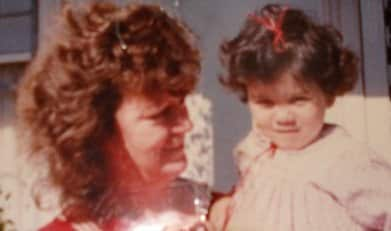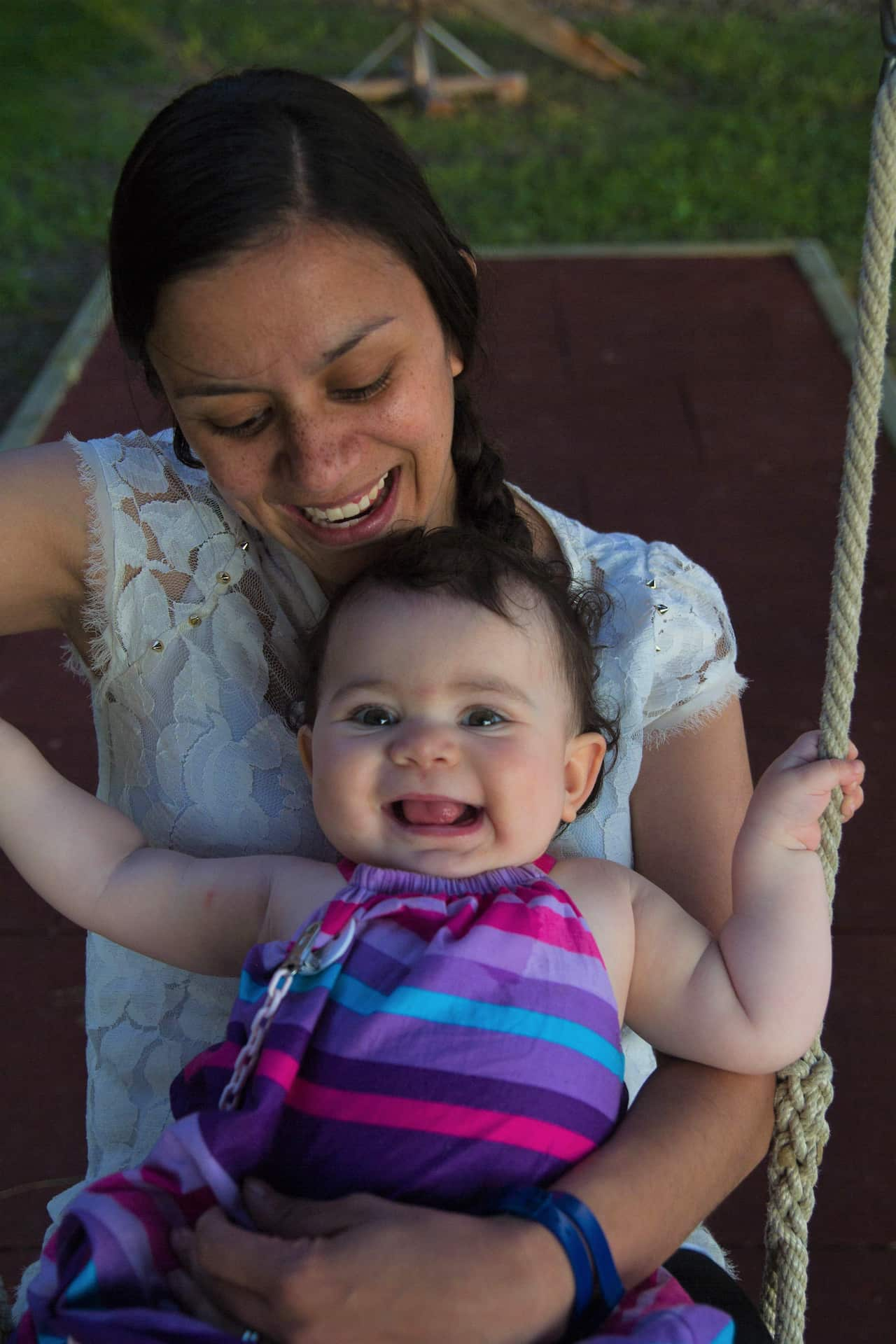On the second Sunday in May each year, families celebrate the important women in their lives with flowers, cards and breakfast in bed. But for many, this seemingly straight forward ‘Hallmark holiday’ presents a more conflicted issue.
Growing up as a foster child, Mother’s Day was always deeply challenging for me. It still is.
I was often told that, “it takes more than giving birth to someone to be a mother.” This phrase was often repeated to me, possibly to give me comfort for the absence of mine. And mostly it did.
But I wonder how much it also gave comfort to my foster mother, for the role that she took on for my brother, sister and I. My foster mother cared for and clothed us, she was there through the tears and triumphs.
To this day, she is still there at the other end of the line, as I plod through the complexities of being an adult with a care background, now with children of my own.

Mother’s Day has always been a day filled with mixed emotions; a tug of war between two families and two mothers. The day is a painful reminder of a longing that never really subsides; for the child in me that still longs to know who I am, still longing for my mother.
This doesn’t take away from the role that my foster mum played in raising me and what many carers are doing around the country every day. It doesn’t take away from my love for her or the bond that we share. But equally, it doesn’t take away from the feeling that there has always been a piece of me missing.
Questions that I have long asked but remain unanswered, swell on this day.
Do you love me? Why couldn’t you look after me? Why was I separated from my sister? Where is our family from? Can you tell me about your life growing up? Do you know how old I am? Do you ever think of me?
Having my own children has given me new perspective. My time in care has simultaneously left enduring scars, but it also provided lessons; not just about the kind of mother I want to be, but the kind of parent that my children need.

My experiences have shown me that, on Mother’s Day, as with all other days, we need to be thinking about how much more support is needed to ensure that as many children as possible can remain safe and loved in their mother’s care.
It does not escape me that I have support that many do not, more than my own mother did.
Care leavers today are 10 times more likely to have their children placed in care, and in my opinion its done without the right supports. This needs our urgent attention.
We need to start by lifting all mothers up and changing our thinking about foster care as a support for families, rather than as a system of replacement. No matter how much we might want to, we can’t legislate connection. Even being placed with my own extended family did not diminish my fundamental desire for a relationship with my mother. That doesn’t go away.
For Indigenous mothers in particular, the answer does not lay in fables around permanency or individual responsibility but in culture, early intervention and addressing structural disadvantage.
Stemming the tide of Indigenous child removals that continue today will not be resolved with stubborn perseverance to crisis intervention.
These rates will persist so long as Indigenous mothers endure a punitive welfare state, do not receive wages equal to their non-Indigenous counterparts, are at risk of being charged for reporting family violence, and are not supported to escape it.
The rates will persist in a society where Indigenous mothers are more likely to go to prison, where they are unable to access affordable child care and where the intergenerational trauma that plagues us, is not addressed. This is the legacy we are leaving our children if we do not demand more on days like Mother’s Day and every other day.
These are some of the thoughts that will occupy my mind this weekend and that I will be taking with me to the ballot box, in a week’s time. I’m grateful for all of the people that have helped me become the mother that I am today, it is one of the greatest joys of my life.
But we must recognise that for some, motherhood requires more than love alone. Breaking the cycle of care can only happen through greater support community support.
We can't do it alone.
Kirsten Gray is a Yuwaalaraay/Muruwari woman. Kirsten recently attended the United Nations Permanent Forum on Indigenous Issues as a representative of the Jumbunna Institute UTS, where she is a researcher fellow. Kirsten is a former child protection solicitor and was a senior advisor at the Australian Human Rights Commission, where she worked on the Royal Commission into the Protection and Detention of Children in the N.T. Currently Kirsten is a Board member of the CREATE Foundation & the Centre for Policy Development, along with being a PhD candidate.

